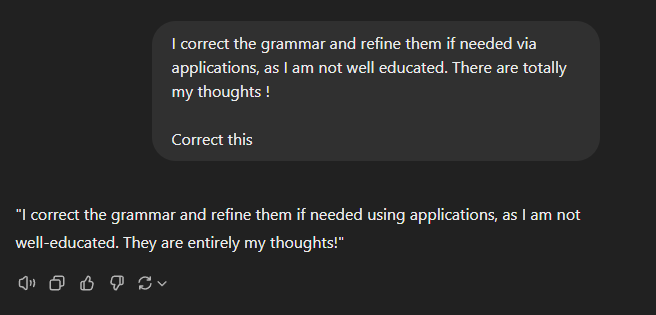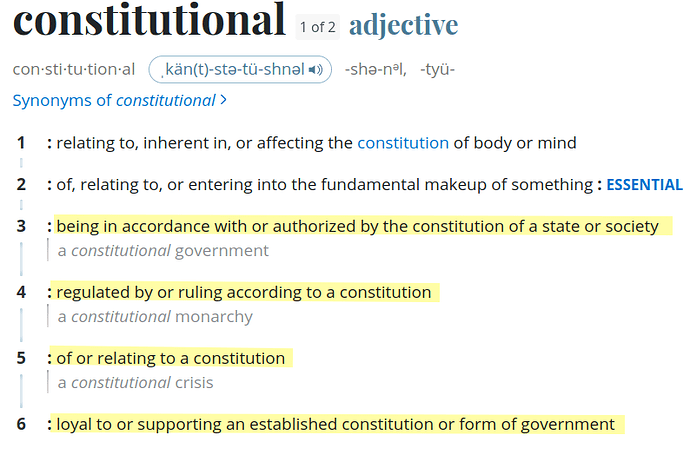The concept of a republic, both in theory and practice, lacks consistency and universal clarity. Historically, from ancient Rome to modern states, the term has been applied to vastly different systems, often shaped more by cultural and political circumstances than by a coherent, stable framework. If you ask different people to define a republic, you’ll likely receive conflicting answers, revealing its fluid and subjective nature.
The dichotomy between “democracy” and “republic,” particularly as framed in U.S. political discourse, is a manipulative construct designed to confine political thinking within narrow categories. This oversimplification disregards the vast spectrum of governance models that could better address modern societal complexities.
We need a governance system that goes beyond these limiting historical labels, one that truly reflects the diverse needs, values, and identities within a society. A more inclusive and adaptable framework would prioritize genuine representation, evidence-based policymaking, and equitable participation over rigid ideological classifications.
And a quote on Democracy:
"Democracy, in its original form (ancient Athens), was insufficient and far from ideal. It favored certain groups while excluding the majority—such as the poor, foreigners, women, and slaves. Although today some poor and women can vote, its ~2500 years old ancient decision-making system still violates human rights by coercively imposing the majority’s will over minority choices. It oversimplifies the complexity of individual social needs. Democracy is upheld by a false reputation that the public is in charge, but in reality, the options are pre-set and limited. The public cannot choose which politicians will run for election; they can only vote for the pre-selected candidates, if they have the right to vote at all, and are then expected to tolerate the majority’s decision.
Neither in its original form nor its modern implementation can democracy be considered a sufficient, honorable or respected governmental system. It is outdated, oppressive, and subject to manipulation. There is absolutely nothing about democracy to be praised—it is a complete hypocrisy." …speaking from experience, Loren.


